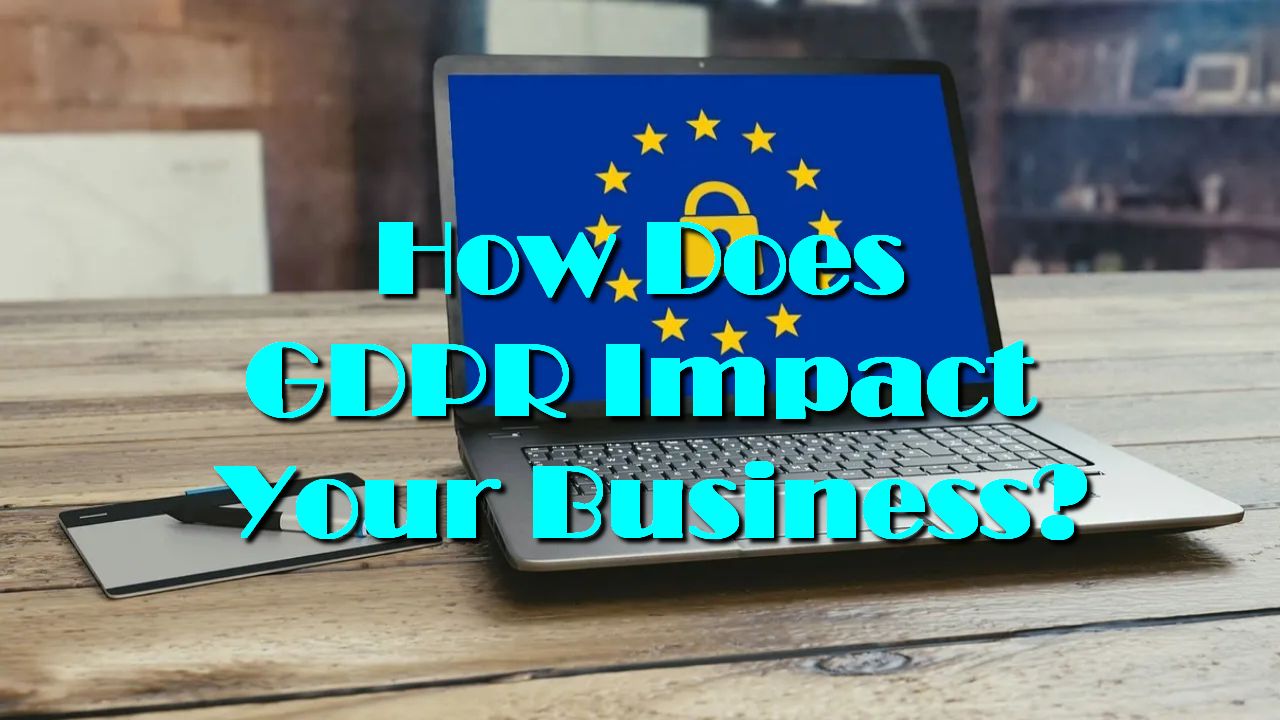GDPR stands for the General Data Protection Regulation, and it’s intentional on safeguarding individuals’ protection and giving them more power and independence on how their information is utilized. It is likely, as a business, that you are not managing individual information; from your representatives to workers and clients.
With GDPR private right of action, an individual can sue a company that he/she finds non-compliant with the GDPR. Failure to comply with the GDPR will result in huge fines, a fate which has seen small businesses liquidate and big ones paying millions. In order to comply, the following impacts will be made:
Customer engagement

In order to use an individual’s personal information, it could be a customer or an employee, it is required to obtain their consent.
The circumstances for acquiring consent are stricter under GDPR prerequisites, as the individual should reserve the privilege to pull out consent whenever and there is an assumption that assent won’t be substantial except if separate assents are gotten for various handling exercises.
For example, for an individual to receive notifications such as a newsletter, there must be consent to it, and you must be able to prove it. An opt-out option for the individual will not be sufficient.
Additional expenses

There are many things your business will have to do in order to comply with the GDPR. The first step is appointing a data protection officer who would be in charge of GDPR compliance. GDPR compliance is not that simple, and expenses will have to be incurred to make sure data is handled properly and in compliance.
Accountability

It will at this point simply not be enough to be consistent with data insurance regulation; you should archive fundamental data regarding your utilization of that individual information. For instance, you will need to record how you’ve arrived at choices, how you’ve applied data insurance standards to your utilization of individual information, and your legitimate reason for utilizing the individual information. Fundamentally, it’s at this point insufficient just to go along; you need to show your operations and workings.
Security

Your business will need to have suitable security arrangements set up to safeguard individual information. What adds up to ‘suitable security arrangements’ will fluctuate from one business to another depending on how you manage individual information, however, it’s probably going to incorporate some type of insurance from digital assaults and having the option to recuperate information that is lost or erased.
Transparency
One of the critical subjects of the GDPR is that the handling of information should be straightforward. For the handling of individual information to be straightforward, you really want to enlighten individuals on what data you hold concerning them, for what reason you hold it, and what you’re anticipating to do with it.
Failure to comply with the GDPR will definitely result in your business being sued and ending up paying huge penalties. Therefore, it is advisable that your company takes the necessary actions in order to comply.
